Taco ‘bout a Flavor Fiesta: 10 Classic Mexican Recipes That’ll Spice Up Your Life!
Table of Contents
- Introduction
- The Magic of Mexican Spices
- Top 10 Mexican Recipes You Must Try
- Pro Tips for Mastering the Heat & Sweet
- Spice Breakdown: What Each Ingredient Does
- Conclusion
Welcome to the World of Global Spice Traditions: Mexican Style!
Hey spice adventurers! If you're ready to dive into a world where every bite bursts with flavor, color, and tradition—then pull up a chair (or a tortilla) and let’s taco ‘bout it. We’re not just talking about food here; we’re talking about a centuries-old dance of spices that turns simple ingredients into soulful celebrations.
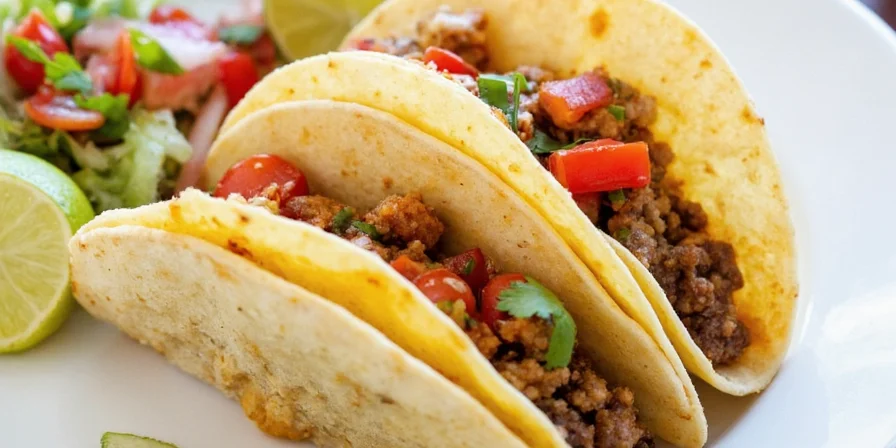
The Magic of Mexican Spices
Mexico doesn’t just use spices—it celebrates them. From earthy cumin to smoky chipotle, each ingredient plays a role in the symphony of flavor. Let’s break down some key players:
| Spice | Description | Flavor Profile |
|---|---|---|
| Ancho Chili Powder | Dried poblano chili | Smoky, sweet, raisin-like |
| Guajillo Chili | Mild to medium heat | Fruity, tangy, tea-like |
| Cumin | Essential in rubs and marinades | Earthy, nutty, slightly bitter |
| Garlic | Aromatics base | Pungent, savory, bold |
| Oregano (Mexican) | Wild, hardier than Mediterranean | Herby, floral, peppery |
| Lime & Cilantro | Signature garnish combo | Fresh, citrusy, vibrant |
Top 10 Mexican Recipes You Must Try
Let’s get real—everyone loves tacos, but there's so much more to Mexican cuisine. Here are ten iconic dishes that showcase the country's spice heritage:
- Tacos al Pastor – Pineapple-topped marinated pork on corn tortillas
- Chiles en Nogada – Stuffed chilies in creamy walnut sauce, topped with pomegranate seeds
- Mole Poblano – A rich sauce made with chocolate, spices, and chili
- Pozole Rojo – Hearty hominy soup with red chili broth and pork
- Tamales – Steamed masa pockets filled with meats or veggies
- Enchiladas Suizas – Cheese enchiladas in green tomatillo sauce, covered with melted cheese
- Barbacoa de Borrego – Slow-cooked lamb seasoned with dried chilies and herbs
- Quesadillas Oaxaqueñas – Stuffed with melting Oaxaca cheese and optional squash blossoms
- Elote – Grilled corn coated with mayo, cheese, chili powder, and lime
- Churros con Cajeta – Fried dough sticks served with caramel dipping sauce
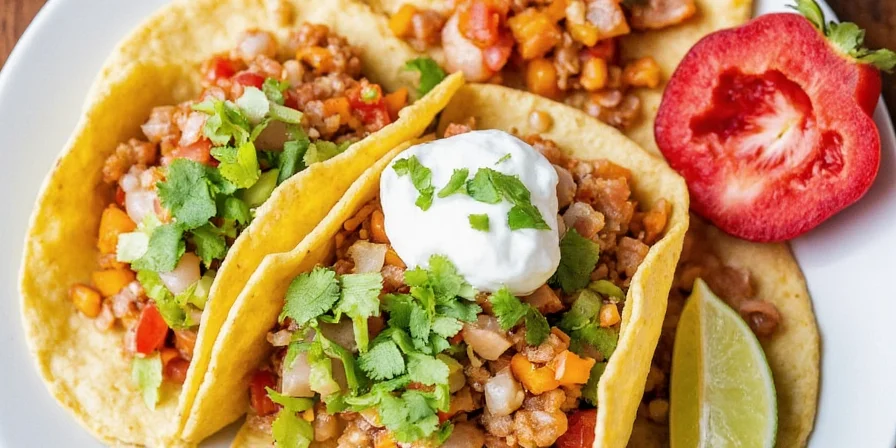
Taco Spotlight: Al Pastor vs. Carnitas
Ever wondered why one taco tastes like island vibes while another feels like a hug from your abuela? It all comes down to technique and seasoning:
| Feature | Al Pastor | Carnitas |
|---|---|---|
| Meat | Pork shoulder marinated in achiote and pineapple | Slow-braised pork belly or shoulder |
| Cooking Method | Vertical spit-roast (like shawarma) | Low and slow braised in fat or broth |
| Key Spice | Achiote paste | Orange zest, garlic, oregano |
| Signature Toppings | Pineapple slice, onion, cilantro | Onion, salsa verde, avocado |
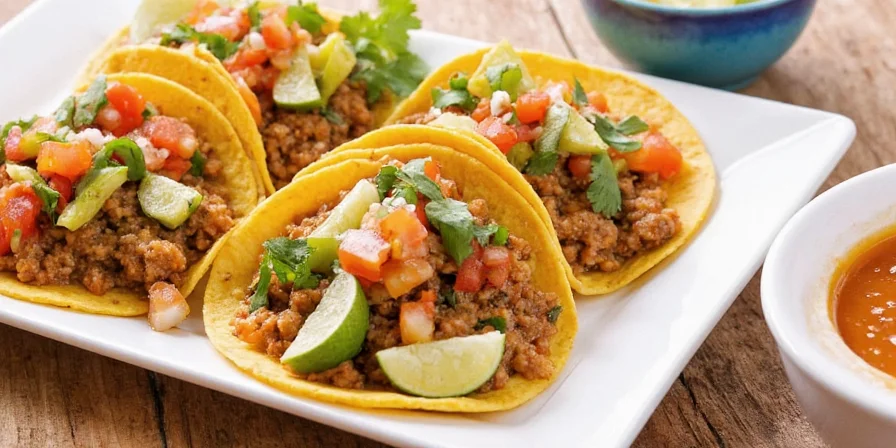
Pro Tips for Mastering the Heat & Sweet
If you want your kitchen to smell like a mercado (that’s “market” in Spanish), follow these expert tips:
- Toast your spices first. Warming up dried chilies and spices before grinding enhances their aroma.
- Balance is everything. Use a bit of sweetness (like raisins or brown sugar) to balance out spicy or bitter flavors in moles.
- Don’t skip the lard. Traditional fats like lard give authentic texture and taste to dishes like tamales and refried beans.
- Use fresh tortillas. Nothing ruins a good taco like a store-bought cardboard wrapper. Make your own if you can!
- Salt like a pro. Salt early and often—but always taste as you go. Too much salt can ruin a pot of pozole faster than you can say “ay no!”
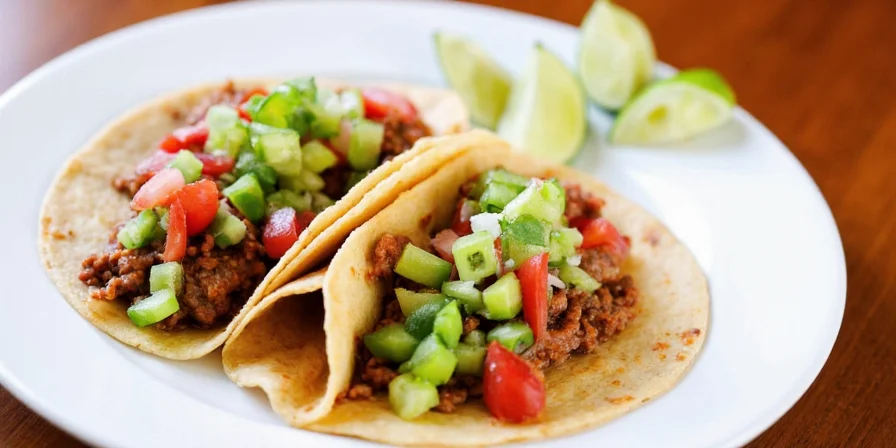
Spice Breakdown: What Each Ingredient Does
You might think Mexican food is all about the heat, but it’s really a complex game of contrasts. Let’s take a look at how each spice contributes:
- Chipotle: Adds a deep, smoky fire that builds slowly
- Coriander: Brightens the dish with citrus notes
- Cinnamon: Yes, even desserts use it! Adds warmth to mole sauces
- Epazote: Often used in bean dishes to add anise-like funkiness
- Clove: Used sparingly in moles for its dark, sweet warmth
- Black Pepper: Enhances other spices without overpowering them
The Great Mole Debate: Sweet vs. Savory?
Mole Poblano—the king of sauces—is the perfect example of Mexico’s balancing act between sweet and spicy. Here's how it works:
| Ingredient | Role in Mole |
|---|---|
| Chocolate | Smooths out heat and adds depth |
| Raisins | Provides natural sweetness |
| Tomatoes | Adds acidity and richness |
| Dried Chilies | Brings the spice and complexity |
| Almonds | Thickens and rounds out the texture |
| Bread | Gives body without making it floury |
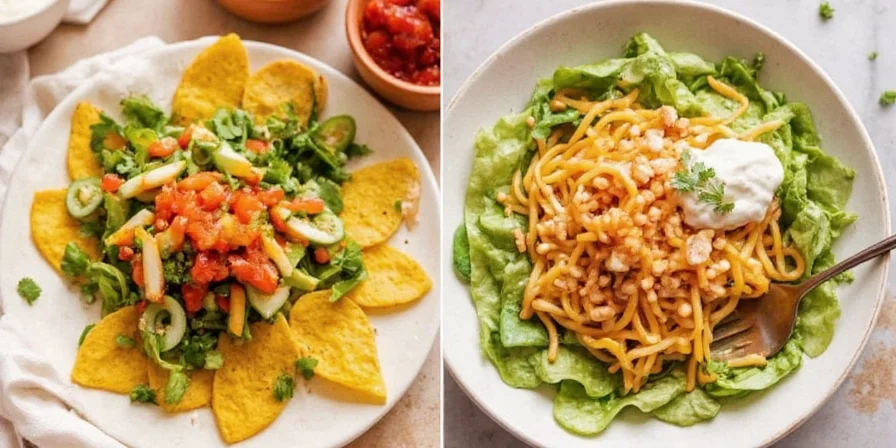
Final Thoughts: Embrace the Spice, Embrace the Culture
So there you have it—a flavorful journey through some of the most beloved Mexican dishes that prove food is more than fuel. It’s history, family, celebration, and yes…a little bit of magic.
Whether you're grilling elote, simmering mole, or assembling enchiladas, remember this: the spices are your allies. Respect them, play with them, and above all—have fun!
Now go forth and make something delicious. And if anyone asks where you learned to cook like that, just say: “I got schooled by the spice gods.” 🌮🔥

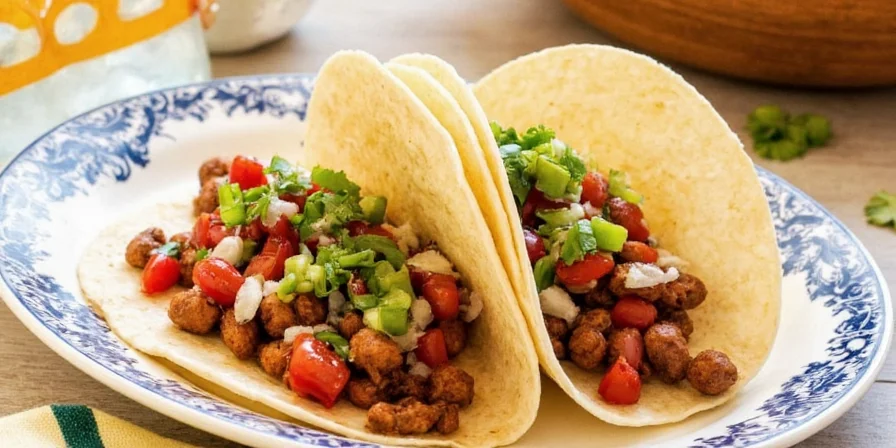









 浙公网安备
33010002000092号
浙公网安备
33010002000092号 浙B2-20120091-4
浙B2-20120091-4